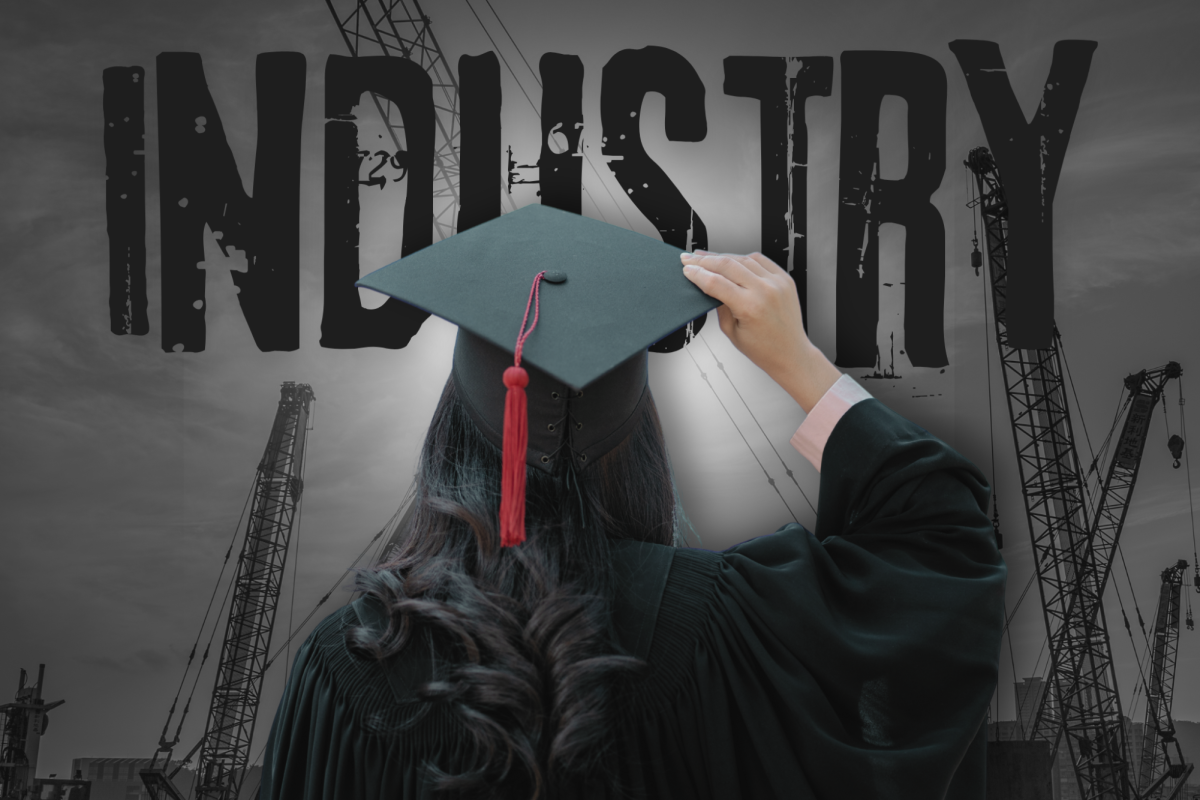In the early 1800s, Prussia—located in a fragment of modern day Germany—adopted a model of education that would produce ideal citizens. These ideal citizens were individuals who were incapable of feeling unrest due to their ignorance of the moral wrongdoings of their government. Merely three decades later, this model of education was integrated into American schools.
Prussia introduced their educational reform after suffering defeat in the War of the Fourth Coalition, which was a part of a series of wars fought against Napoleon’s French Empire. The execution of Johann Philipp Palm, a German bookseller who published an anti-Napoleon pamphlet, sparked Prussia’s involvement in the Napoleonic Wars. At the double Battle of Jena Auerstedt, the French Grande Armée soundly defeated the severely underprepared Prussian military.
The resulting negotiation of the Treaties of Tilsit in June of 1807 ended the War of the Fourth Coalition. The Treaties of Tilsit declared a Franco-Russian alliance—despite Russia’s intense opposition to the French during the wars—and Prussia’s degradation to a low-grade power.
The Prussian government wrongfully attributed their defeat to the free will of their citizens rather than their lack of preparation. As a result, the elite began to devise a new design of education that would reduce the independent thinking of their citizens.
This irrational goal could only be achieved through a three-tier system of education. The top one half to 1% of children attended Akademiensschulen, which was a school designated to producing future policymakers. They studied history, the art of debate and complex ways of thinking. The next five to 7% of students attended Realsschulen, or “real schools.” Realschulen aimed to produce professional proletariats, such as doctors and lawyers.
Over 90% of the Prussian population attended Volksschulen, or “people’s schools,” according to American school teacher and author John Taylor Gatteo. Volksschulen overlooked reading, because it could offer “too much familiarity with better ways of thinking,” as stated by STEMiteracy.
There were positive aspects to the Prussian model of education. For one, schooling was compulsory. By the 1830s, approximately 80% of children were attending state-run schools, according to the Cardinal Institute. Prussia also offered free primary schooling for underprivileged children to ensure equal access to education. Similar to America, Prussian schools were tax-funded. Nevertheless, the few positives with Prussian education were greatly overshadowed by the exclusionary hierarchy of educational institutions.
The “Father of American Education,” Horace Mann, discounted Prussia’s mass production of feeble-minded citizens when he encouraged their application of universal schooling in America. Unlike the Prussian elite, Mann believed that basic literacy and knowledge would create social and political harmony, as well as democratic participation.
When Mann was elected Secretary of the Massachusetts Board of Education, he used the platform to spearhead the Common School movement, ensuring that all children could receive education through tax-funded schools. According to PBS, Mann was a key figure in establishing teacher training institutions and advocating for women to become educators.
Mann’s contributions to education can be defined by pure intent, yet poor execution. Despite his attempt to supply American children with equitable access to quality education, he failed to realize the long-term effect Prussian education would have on society.
Approximately 30 years after Mann established Normal Schools in Massachusetts, America broke out of the Civil War. The nation began to embark on new ways to produce goods due to the permanent removal of slave labor from southern states. This marked the beginning of the American Industrial Revolution.
With the rapid rise of industries nationwide, schools began to shift their instruction to train children to be effective factory workers. Public schooling and vocational training expanded to meet the growing demands of the workforce. The only students capable of escaping a low-class life were those who obtained privatized education.
Even though industrialization strengthened the nation’s economy, it resulted in American schools providing a second-rate education to children. The loss of philosophers, thinkers and intellectuals results in a backwards nation. The advancement of a country is dependent on the intellectual capacity of their citizens and their ability to identify faults within higher institutions. When the majority of children learn to be compliant servants instead of enlightened individuals, there is no room for societal progress.
Prussia was abolished soon after World War II—approximately a century and a score after their educational reform. America is in dire need of an education reform that promotes observation-based reasoning, independent thinking and complex ideologies. Otherwise, this “powerhouse” country will be the next to crumble.



